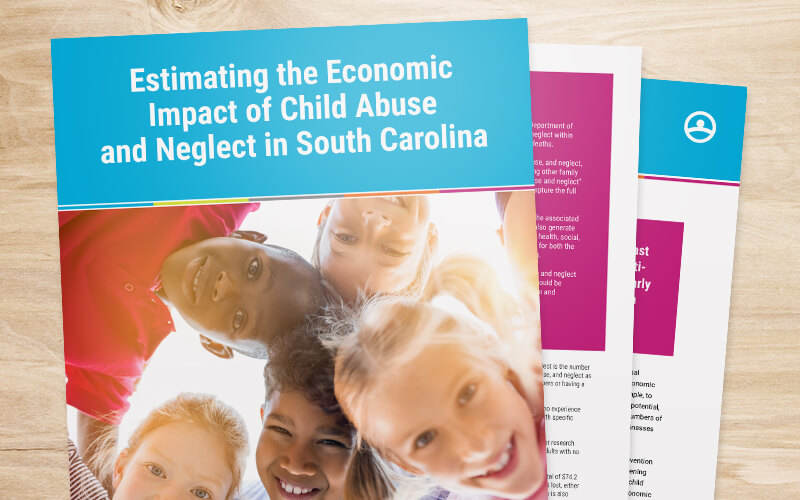Our Legislative Agenda Priorities in South Carolina
Legislative Priorities
Our legislative agenda is essential for advancing policies that protect children, strengthen families and ensure safer communities.
By advocating for targeted policy and legislative initiatives, we urge our lawmakers to focus on these critical issues that can have a lasting impact in the fight against child abuse and neglect.
Our Policy Committee meets regularly to review data and analyze opportunities for the South Carolina General Assembly to address. Our members include state leaders and subject matter experts with extensive knowledge of child maltreatment and well-being. The priorities are approved by Children’s Trust Board of Directors.

Fund the Children’s Trust Fund
Leave a Legacy
1. Fund the Children’s Trust fund with a one time $10 million investment to secure the future of prevention
2. Allocate a $1 million recurring line item to Children’s Trust to expand prevention work
Established by the General Assembly in 1984, the Trust Fund was created to find and fund innovative child abuse prevention efforts.
By funding proven prevention programs, we can ensure the resources to protect children, strengthen families and reduce long-term costs – now and into the future.
Too Costly to Ignore Child Abuse and Neglect
A recent economic study from the Darla Moore School of Business at the University of South Carolina confirmed that we all pay for child abuse and neglect through lost earnings, workplace absenteeism and higher medical costs.
$74.2B
in economic losses across South Carolina
Prevention Saves Dollars and Futures
Reducing child abuse and neglect through prevention and intervention drives significant economic gains for South Carolina.
$2.1B
in statewide economic benfits for lowering child abuse and neglect

Economic Impact of Child Abuse and Neglect in South Carolina
This study by the Darla Moore School of Business at the University of South Carolina outlines the economic impact of child abuse and neglect in the state.
Mark Your Calendar
April 2026
Child Abuse Prevention Month
Wednesday, April 1
Children’s Trust Legislative Reception, Palmetto Club
State House Advocacy Days
Wednesday, Jan. 21
Family Support Network
Wednesday, Feb. 18
Triple P (Positive Parenting Program)
Wednesday, March 4
Strengthening Families Program
Wednesday, April 22
South Carolina Home Visiting Consortium
Wednesday, May 6
South Carolina Parent Advisory Council
